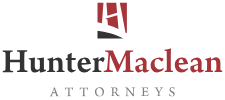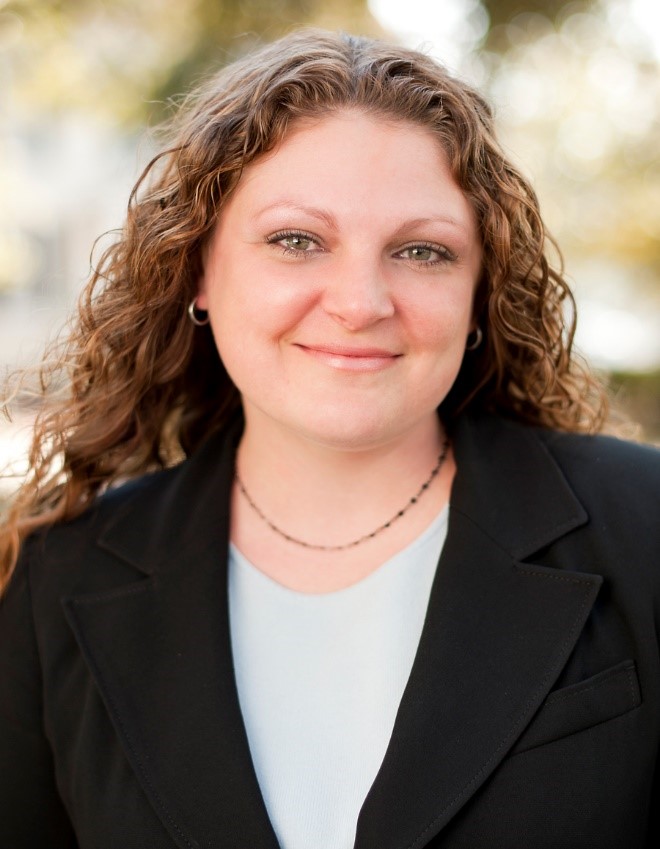

The start of a new year often brings discussion of the “public domain,” because in the United States on January 1 (or Public Domain Day) artistic creations with an expiring copyright term become available for the public to copy, share, and adapt. Often people use “publicly available” and “public domain” interchangeably, believing these words have the same meaning. Not only is this incorrect, but this misconception can have serious consequences for the uninformed.
In the case of artistic creations, the term “public domain” generally refers to content not protected by copyright law. The U.S. Copyright Act protects original works of authorship, including literary, dramatic, musical, and artistic works, that are fixed in a tangible medium of expression. Something that is not original (e.g., facts) or not fixed (e.g., an unrecorded speech) is not eligible for copyright protection. Unless protected by some other law, works not eligible for copyright protection are in the public domain.
Even works eligible for copyright protection are not protected forever. Generally speaking, for works created after January 1, 1978, the copyright term is for the life of the author plus 70 years. Once a copyright term expires, an artistic creation that was previously protected enters the public domain, just as the thousands of copyrighted works from 1928 did on January 1 of this year. For the first time since their creation, these films, musical compositions, plays, books, etc. are free for all to adapt, copy, perform, and share.
During the copyright term, a copyright owner has the exclusive right to reproduce, adapt, distribute, perform, and display the protected work. With only limited exceptions, anyone other than the owner who reproduces, adapts, distributes, performs, or displays a copyrighted work without permission can be liable for copyright infringement.
Easily the most anticipated and widely discussed artistic creation entering the public domain in 2024 is Disney’s Steamboat Willie, the animated short film that introduced the world to Mickey and Minnie Mouse. Disney made Steamboat Willie publicly available for all to watch on YouTube many years before the film entered the public domain. However, artistic content published on YouTube (or elsewhere on the internet) is still subject to the owner’s exclusive copyrights. In other words, until the copyright expired on January 1, 2024, Disney maintained the exclusive right to copy, share, or build upon that film and the characters in it, even though the film was on the internet.* Anyone violating Disney’s exclusive rights in Steamboat Willie before January 1 could have been liable for copyright infringement.
The same is true for many images, videos, and songs that are available on the internet but not in the public domain. A person who copies content from the internet and uses it on a website or social media without authorization from the copyright owner may be liable for copyright infringement. Increasingly, copyright owners are aggressively policing use of their works on the internet and routinely demanding payment or filing lawsuits to address unauthorized use of their artistic creations.
Determining whether a work is in the public domain or, if not, whether you may nevertheless copy it from the internet often requires a complex factual and legal analysis. The best practice is not to copy content from the internet unless you created it or have obtained a valid license. Businesses should be sure employees and contractors understand and follow this best practice, because even innocent copyright infringement can cause the business harm.
Anyone receiving a copyright infringement demand letter or threat of suit should not ignore such a letter. Instead, an experienced copyright attorney should be promptly consulted to assist with a response.
*Even after 2024, Mickey and Minnie are not freely co-opted by the masses, thanks to other copyrighted works and trademarks owned by Disney. The limits of free access to the Steamboat Willie version of Mickey and Minnie Mouse are outside of the scope of this article, but will surely be tested in the near future.
Rachel Young Fields is a partner at HunterMaclean, where she specializes in copyright and trademark law. She can be reached at (912)236.0216 or [email protected].
Contact Information:
Name: Rachel Young Fields
Email: [email protected]
Job Title: Partner
Tags:
BNN, CE, Extended Distribution, Go Media, Go Media2, GoInvest, Google News, iCN Internal Distribution, IPS, PR-Wirein, Reportedtimes, The Newswire, IcrowdLegal, English
